April 2020
Curated and edited by: Coretta, Founder and Principal of Urban Money, LLC; B.A. in Economics and M.S. in Urban Policy/Planning.
In this issue:
COVID-19; economic impact
Congress CARES Act - stimulus
How does the stimulus package affect you?
What to do when the stimulus is not enough
Small Business Owners & Entrepreneurs
This month, and maybe even for the next few months, everyone will be talking about COVID-19. This pandemic has rocked the world with a public health crisis, and an economic one.
What does that mean for you?
Whether employed, furloughed, or seeking employment; try to reduce unnecessary spending. We're navigating unchartered waters with millions of people filing for unemployment on a weekly basis. Corporations are operating on limited cash reserves; service and gig workers are experiencing loss of jobs or hours/pay; and with trillions of dollars being injected into the economy, stocks are still plummeting.
But the stimulus...
Congress rolled out their CARES (Coronavirus Aid, Relief, and Economic Security) Act injecting trillions of dollars to 'stimulate' the economy. They tried to cover all the bases, but here's the highlights:
There are income requirements to be eligible, and income is determined by the filing of tax returns. If you've filed your 2019 taxes, then that's the income that the stimulus amount will be considered. If you haven't filed your 2019 taxes as yet, then 2018 will be used to determine eligibility.
Income thresholds:
Individuals; salary less than $75k receive $1200.
Couples (filed jointly); salary less than $150k receive 2400
Dependents 17 and younger increase eligibility by $500 per child
Gaps, exclusions, considerations:
Mid-high income earners in high cost of living cities (i.e. NYC) will not experience much reprieve.
College students over the age of 18, whom didn't work or file taxes will not be eligible nor their parents.
Anyone owing child support will not be eligible.
Immigrants, homeless, cash workers, or anyone without a social security number or have not filed taxes in the past two years, will not be eligible.
There has been many questions and concerns about the”catch”. Honestly it really is "free money", not taxable, and you're free to do with it whatever you please.
Urban Money: if you need it (rent, utilities, groceries), use it. If you don't need it now, but you're a paycheck or two away from needing reprieve, save it. If you're sitting on at least 6 months liquid (accessible) assets, it's probably safe to spend it.
Still can't make ends meet; start making calls!
Take the help where you can get it and preserve the cash for when you're out of options. The very same CARES Act protects you from foreclosure, eviction, interest, and credit impact if you're unable to make payments (if you're able to make payment, then do so). All other companies and agencies have different policies, and you should call to determine your options. Here's a few places to start:
Mortgage forbearance on federally backed loans (i.e. VA, FHA) for a 60 day period effective March 18.
Rent - suspended evictions, but still obligated to pay rent.
Federal Student loan suspension until September 30. Private loans, call and ask about their options.
Utilities (electricity, gas, phone, internet), car payments, credit card companies, gym memberships, other lifestyle memberships- call and ask about their options.
Car insurance; beginning to offer credits and discounts on their premiums due to low driving.
Small Business Owners & Entrepreneurs
So you have a craft, and you've started putting yourself out there making some money on the side. Then the coronavirus happened, and you're stuck inside with all your crafts. If you've built a business and have an EIN, you may be eligible for financial help
Go ahead and apply for grants; the worst they can say is no. However, be careful of loans, while the interest rates and repayment terms may be enticing, consider your revenue stream for the next 3-12 months before making final decisions on loans.
Check out SBA’s website yourself:
https://www.sba.gov/page/coronavirus-covid-19-small-business-guidance-loan-resources
BONUS! Real Estate & Investments
With social distancing ordinances; house hunting is far from likely. Virtual tours are great but can still never do a home justice, especially a fixer upper. But refinancing is the market's sexy word right now. While Feds slashed interest rates across the board, simple supply and demand is keeping refinance rates higher than expected. Get conversations going, and shop around!
Stocks are on sale! With the market still plummeting, if you can take advantage of the 'sale' then do so. While Urban Money doesn't make investment recommendations, here are some tips to keep in mind:
Talk to an expert. There are firms with licensed professionals, additionally there are apps that let you invest with spare change. Nevertheless, if you don't know, ask.
Do your research! Read up on the company, the industry
Only spend what you can you afford to lose
Diversify, diversify, diversify
Want this info delivered right to your inbox? Subscribe to our Monthly Newsletter!
